Memorial Hall Identified Seven More Victims of Japan's "Comfort Women" System in Hunan, China
In December 2021, the staff of Nanjing Museum of the Site of Lijixiang Comfort Station, a branch of the Memorial Hall, identified seven new victims of the Japanese army's "comfort women" system in Hunan, China.
In October and November last year, the branch staff and local volunteers went to Huarong County and Pingjiang County of Yueyang as well as Jiahe County of Chenzhou in Hunan Province twice and carried on-the-spot investigations. They interviewed more than 20 people, and made a detailed record of the victims’ sufferings and misfortunes. They also made precious videos, adding hard evidence to the Japanese aggression and atrocities.
Lei Jin’er was born in Huarong County of Hunan Province, China in July 1925. One day in May 1943, the Japanese troops came to Huarong to mop up. She was captured to the Japanese stronghold, where she was raped by Japanese soldiers every day. A dozen days later, her father sold the family property and rescued her through themaintenanceorganization.
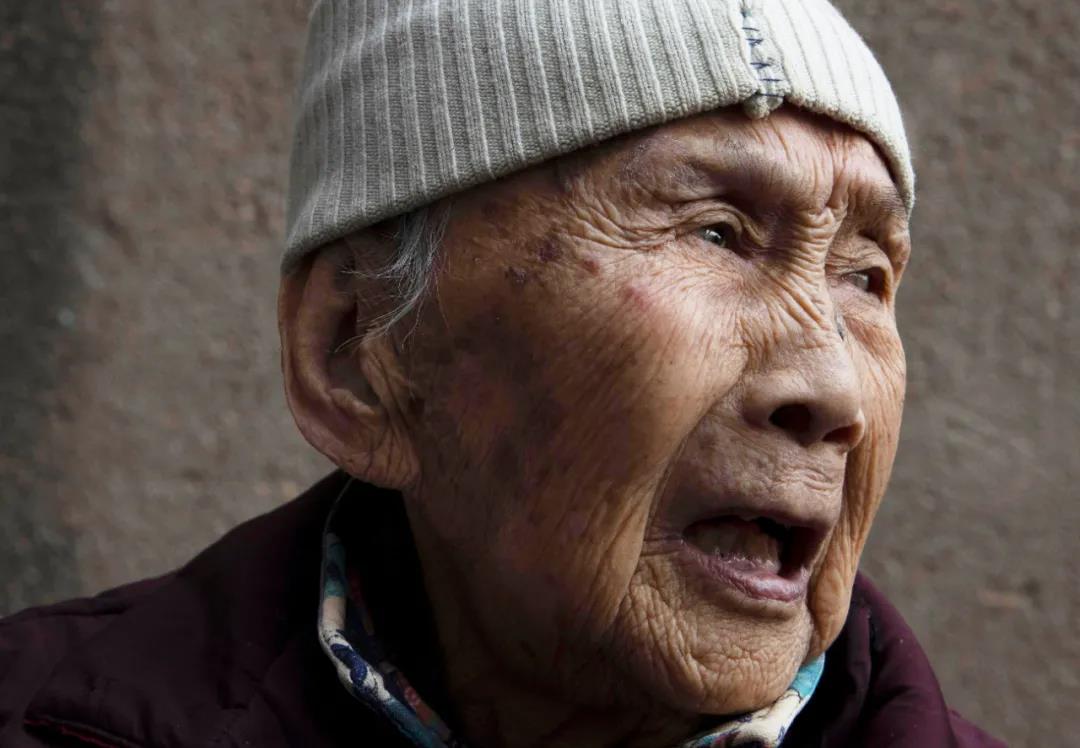
Lei Jin’er (ID card name: Lei Jin’an)
Lei Jinlian was born in Huarong County, Hunan Province, China in March 1930. She was a sister of Lei Jin’er. One day in May 1943, Lei Jinlian stayed with her sister at home, when several Japanese soldiers suddenly broke into their home. Lei Jinlian was so frightened that all she could do was cry. With guns, Japanese soldiers forced her to the Japanese stronghold. they put her in a thatched hut with soldiers guarding the door. Every day after that, Japanese soldiers came to rape her. Japanese soldiers shouted threats or forced her to take off her clothes with bayonets. Half a month later, his father sold off the family property and spent money to rescue Lei Jinlianthrough the maintenance organization.
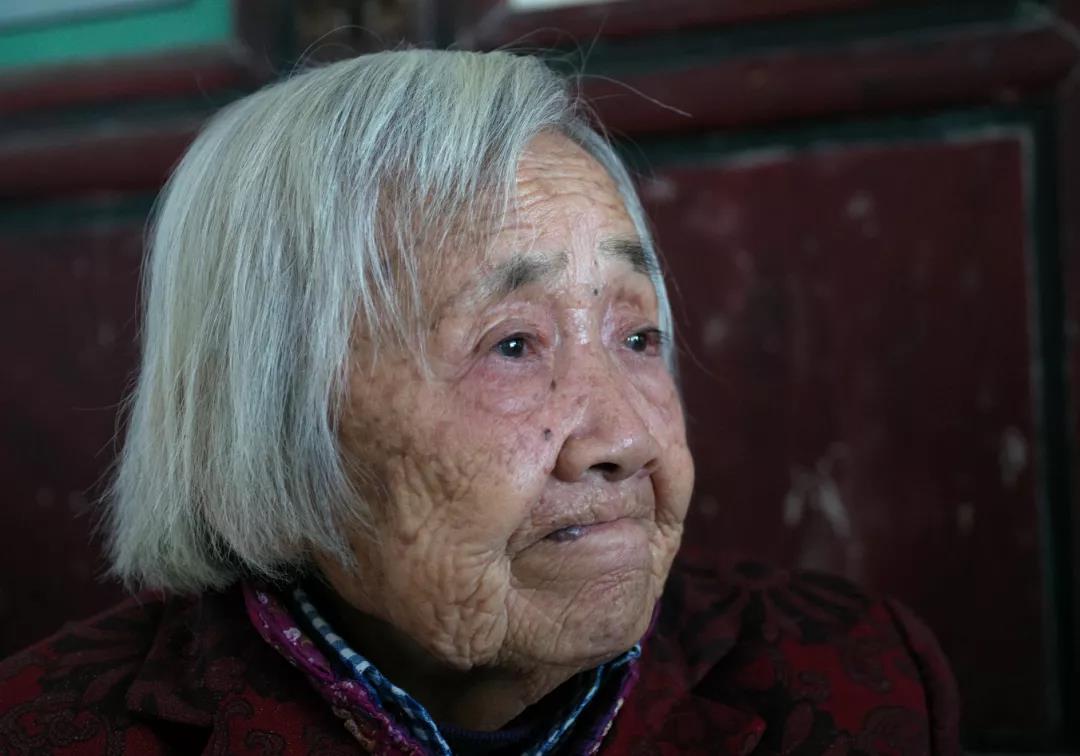
Lei Jinlian
Li Xiuqing was born in October 1922 in Shigao Village, Jiahe County, Chenzhou ofHunan Province. One day at the end of 1944, the Japanese army came to Jiahe County. Li Xiuqing followed several villagers and hurried to the direction of Li Jia village. On the way they came across Japanese soldiers and Li was captured. On the same day, the Japanese kept her and several other women in a large brick house in Tanping town and raped them. A few days later, local guerrillas rescued them.
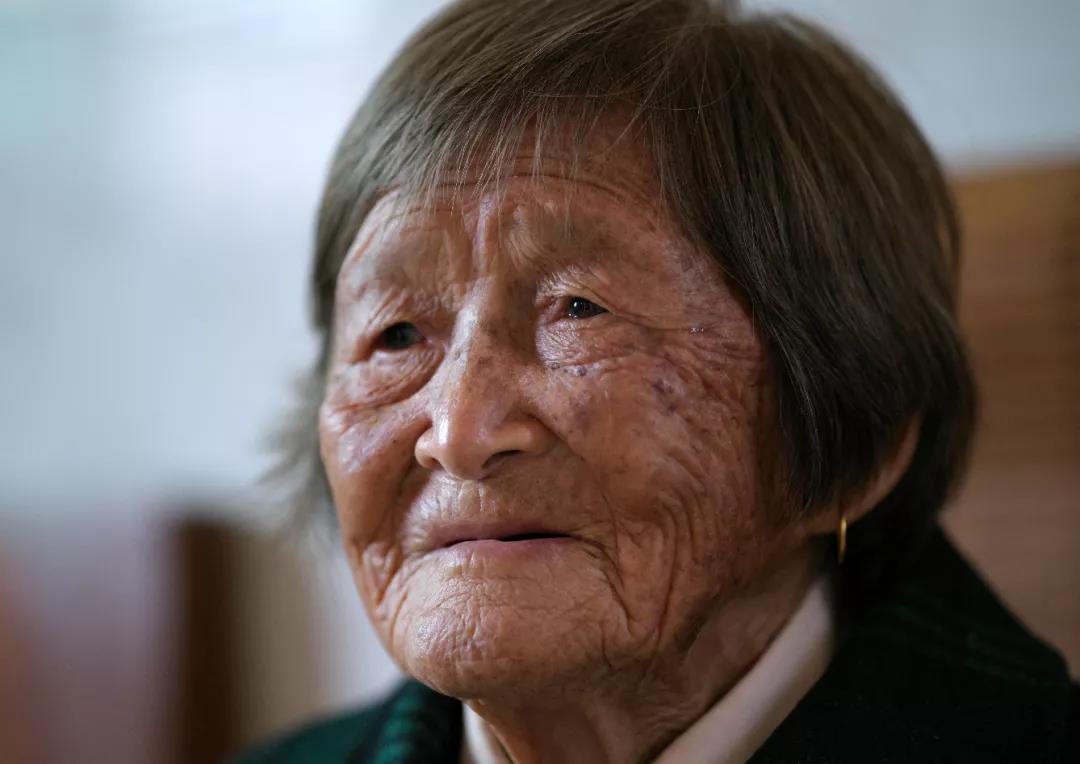
Li Xiuqing
Yi Julian was born in Fenghua Village, Jinjing Town, Changsha County of Hunan Province in September 1936. In the early summer of 1944, during the last Japanese mopping up, Yi Julian took a straw mat and fled with her father. She was confronted by Japanese troops in Wangbandong of Changsha County. Yi Julian was captured by Japanese soldiers, who raped her on the road when she was less than 10 years old. Later, she was taken by Japanese soldiers to a place more than 3 miles from home and locked up in a thatched hut. The Japanese soldiers raped her every day. Later, Yi jumped out of the window and escaped home.
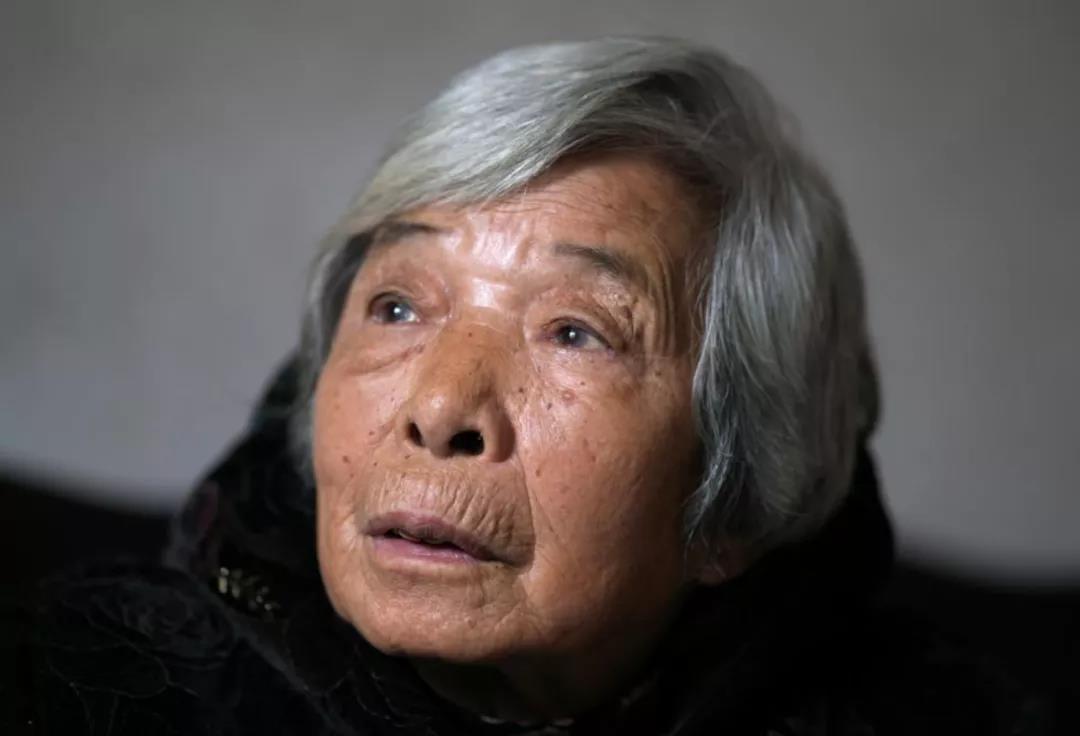
Yi Julian
Li Shuzhen was born in Pingjiang County, Hunan Province, China in October 1915. In 1944, the Japanese army invaded Pingjiang for four times. In the first three times, Li and other villagers climbed up the mountain and successfully escaped. However, in the fourth time, she did not have time to escape from home, and was captured by the Japanese soldiers. She was detained in a Japanese temporary stronghold at the foot of the mountain. Japanese soldiers committed sexual violence on her and beat her at their will. Then Li was transferred to a set Japanese stronghold. Until she could not bear the ravage of the Japanese soldiers was she abandoned. Li was later rescued by her family. At 107, she is now the oldest victim of Japan's "comfort women" system discovered so far.
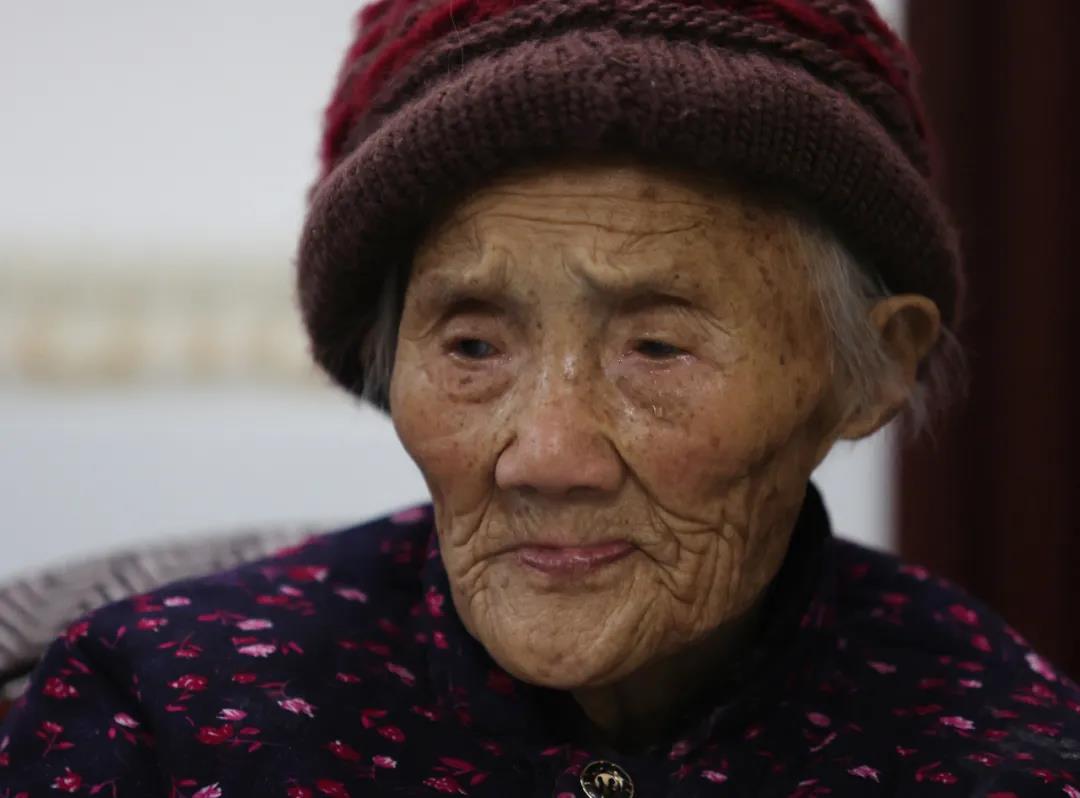
Li Shuzhen
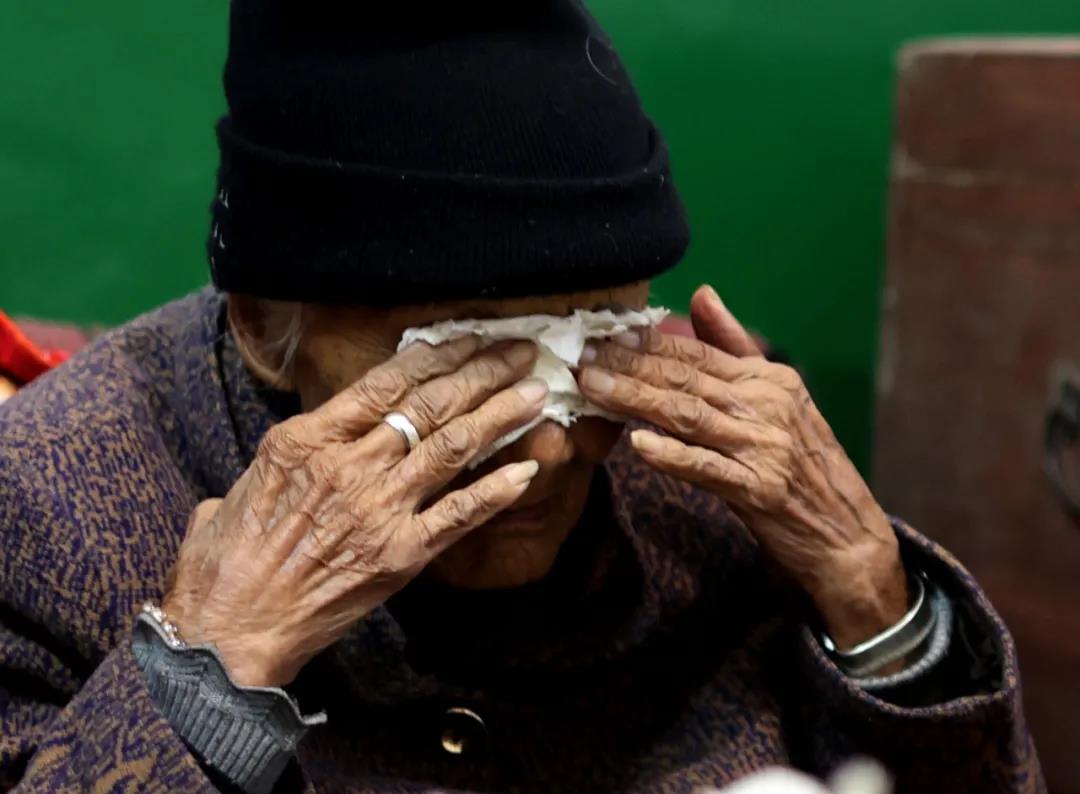
Grandma Jiang (pseudonym)
experience temporarily concealed at her will
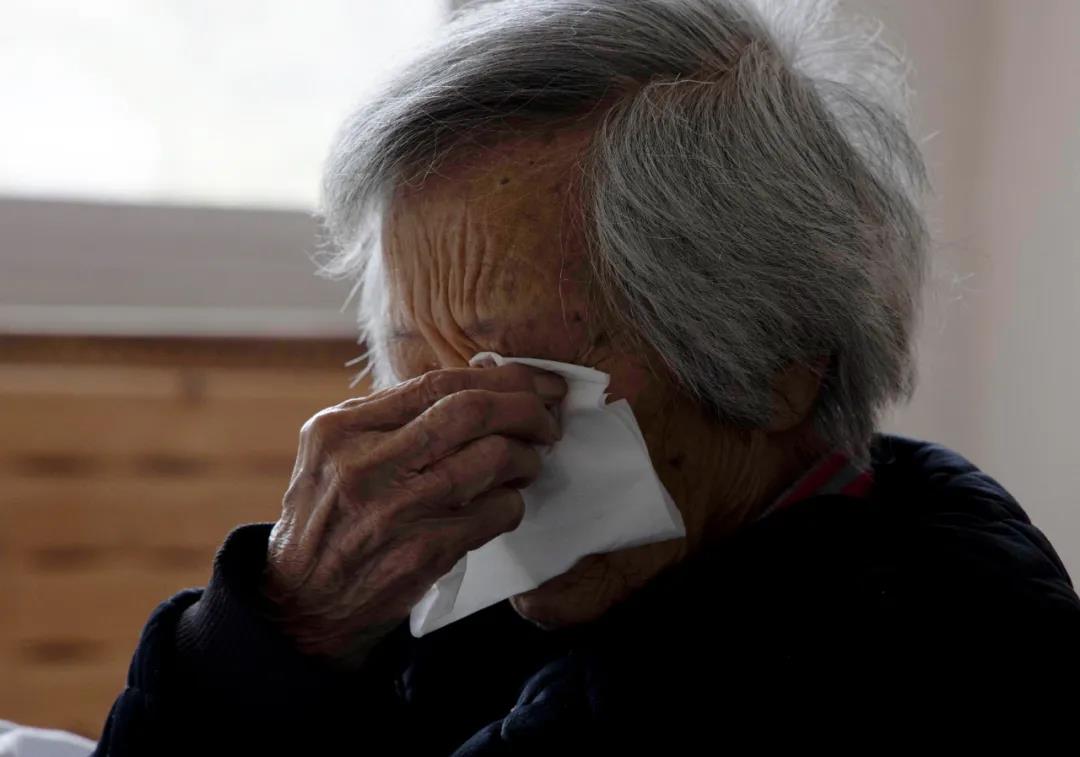
GrandmaYang (pseudonym)
experience temporarily concealed at her will

